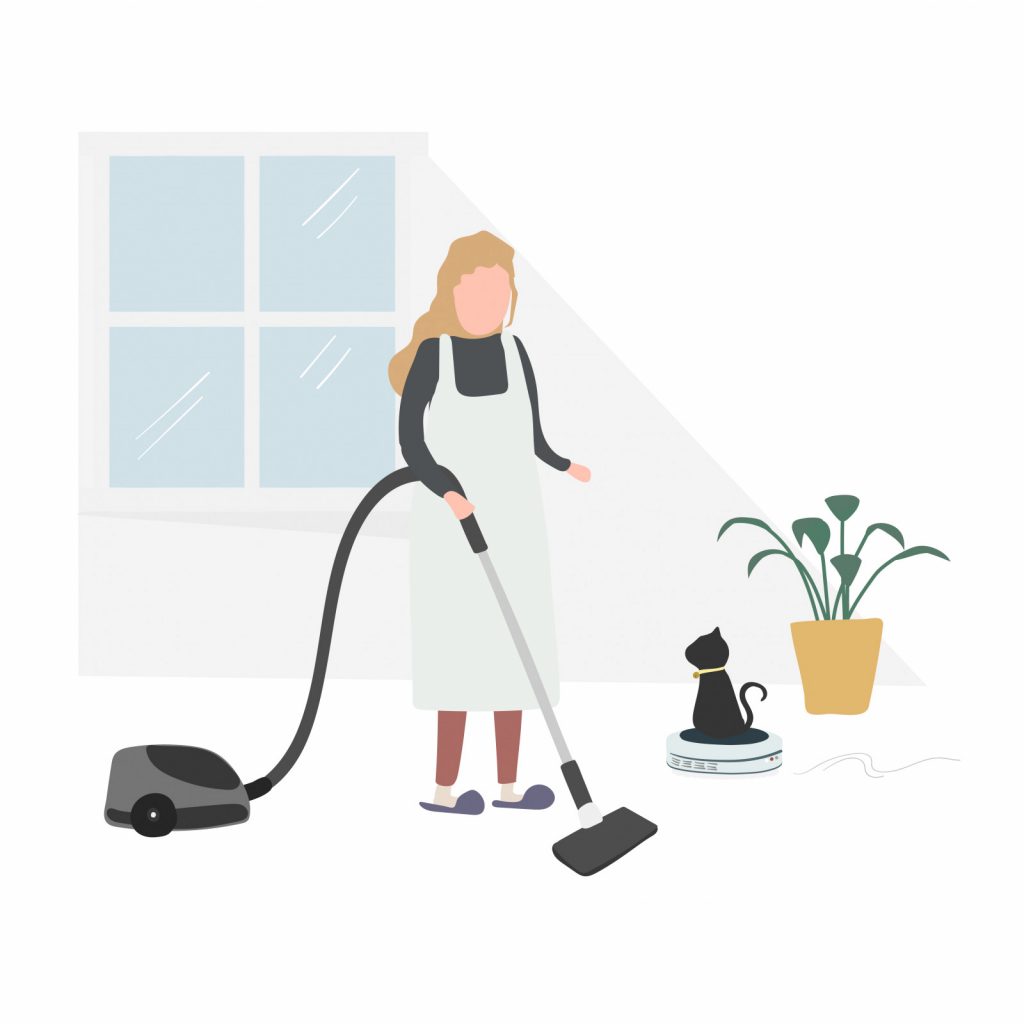Woman Breaks Into a House and Cleans It for a Price!

©️ loseyourself / Freepik
Have you heard of the Ohio woman who cleans strangers’ houses and leaves the bill?
This isn’t a plot twist from a bizarre novel, but the real-life story of Susan Warren, a 53-year-old from Elyria, Ohio. Dubbed the “Cleaning Fairy,” Warren has become infamous for her unconventional approach to housekeeping—breaking into homes to clean and leaving behind a bill for her services.
Her unusual antics have now landed her in hot water with the law, and her latest escapades include shoveling driveways without permission. Dive into the curious case of the Cleaning Fairy and discover how a desire to help turned into a legal nightmare.
Ohio Woman Cleans Strangers’ Houses and Leaves the Bill
Last week, Westlake police were called to a residence after a homeowner discovered their house had been cleaned by an unauthorized individual.
Susan Warren allegedly broke into the home, and performed various cleaning tasks including washing dishes, taking out the trash, and vacuuming the floors. She then left behind a handwritten note demanding $75 for her services, which she described as routine.

Homeowner Sherry Bush was initially puzzled, assuming a cleaning service had mistakenly been sent to her house. However, when she contacted the number left on the napkin, she was stunned to learn that Warren’s actions were intentional. According to Warren, this is a regular practice of hers.
Susan Warren’s Unusual Crime Wave – Breaking and Cleaning
This isn’t Warren’s first run-in with the law. She was previously charged with criminal trespassing at another home in Beachwood. The charges against her have escalated to felony burglary. Despite her claims of performing these acts out of habit, Warren is now facing significant legal repercussions.
Recent Developments
In a continuation of her unconventional behavior, Warren was recently spotted shoveling driveways without the homeowners’ permission. This new activity led to an arrest on a warrant for attempted burglary. While she wasn’t charged specifically for the driveway incident, it further complicates her legal situation.
Susan Warren’s case has captured public attention due to its unusual nature. The “Cleaning Fairy” has certainly made a mark on the community, albeit not in the way she intended. As Warren faces the legal consequences of her actions, her story serves as a reminder of the boundaries between helpfulness and illegal activity.

Understanding Susan Warren’s Behavior
Some might wonder why would someone do something that strange. Well, that is why we tried to give some perspective into the unusual case.
Susan Warren’s behavior might have been influenced by several psychological factors:
1. Obsessive-Compulsive Disorder (OCD)
Warren’s actions could be linked to OCD, where people have obsessive thoughts and feel driven to perform certain behaviors. Her need to clean might help her cope with anxiety or distress, even if it leads to illegal actions.
2. Compulsive Behavior
She might also have compulsive tendencies, where the urge to clean becomes a repetitive and uncontrollable action, providing a sense of relief or satisfaction, despite the context.
3. Emotional Instability
Individuals with Borderline Personality Disorder (BPD) often engage in impulsive behaviors due to unstable emotions. Warren’s cleaning might be an impulsive way to manage emotional stress or seek validation.
4. Need for Control
Warren’s behavior might stem from a need to exert control over her environment. Cleaning someone else’s home might give her a sense of order and control, especially if she feels powerless in other areas of her life.

5. Atypical Altruism
She might genuinely want to help others, even if her method is unconventional and illegal. Warren’s actions could be driven by a sincere, though misguided, desire to be of service.
6. Psychological Satisfaction
Finally, Warren might find personal satisfaction in her actions, receiving a sense of achievement or gratification from cleaning, despite the legal risks involved.
Understanding these psychological factors can provide insight into why Warren might engage in such unusual behavior, highlighting the complex relationship between mental health and actions.
You may also like: These Separated-at-Birth Triplets Were Used For Sick Experiments


